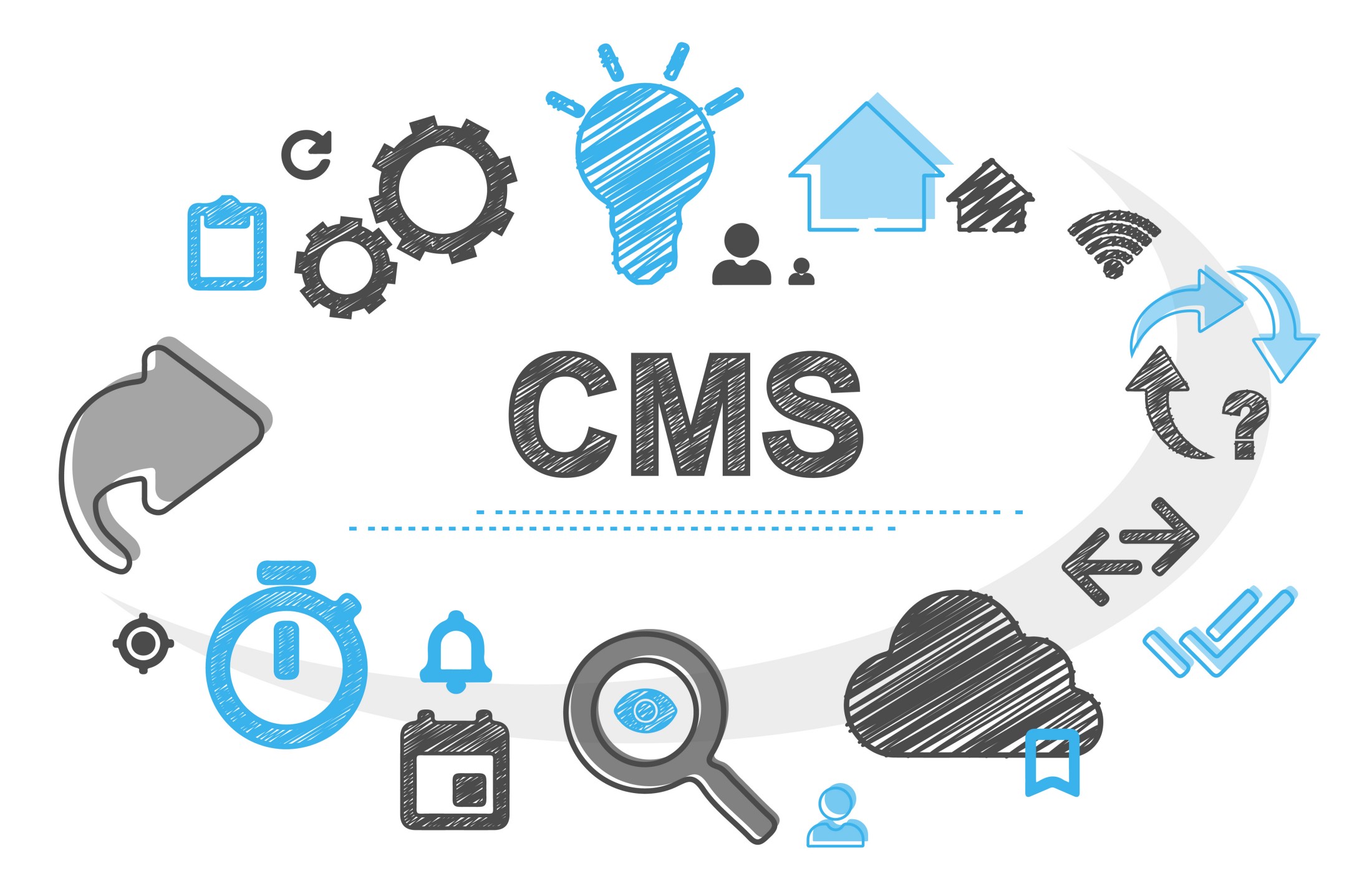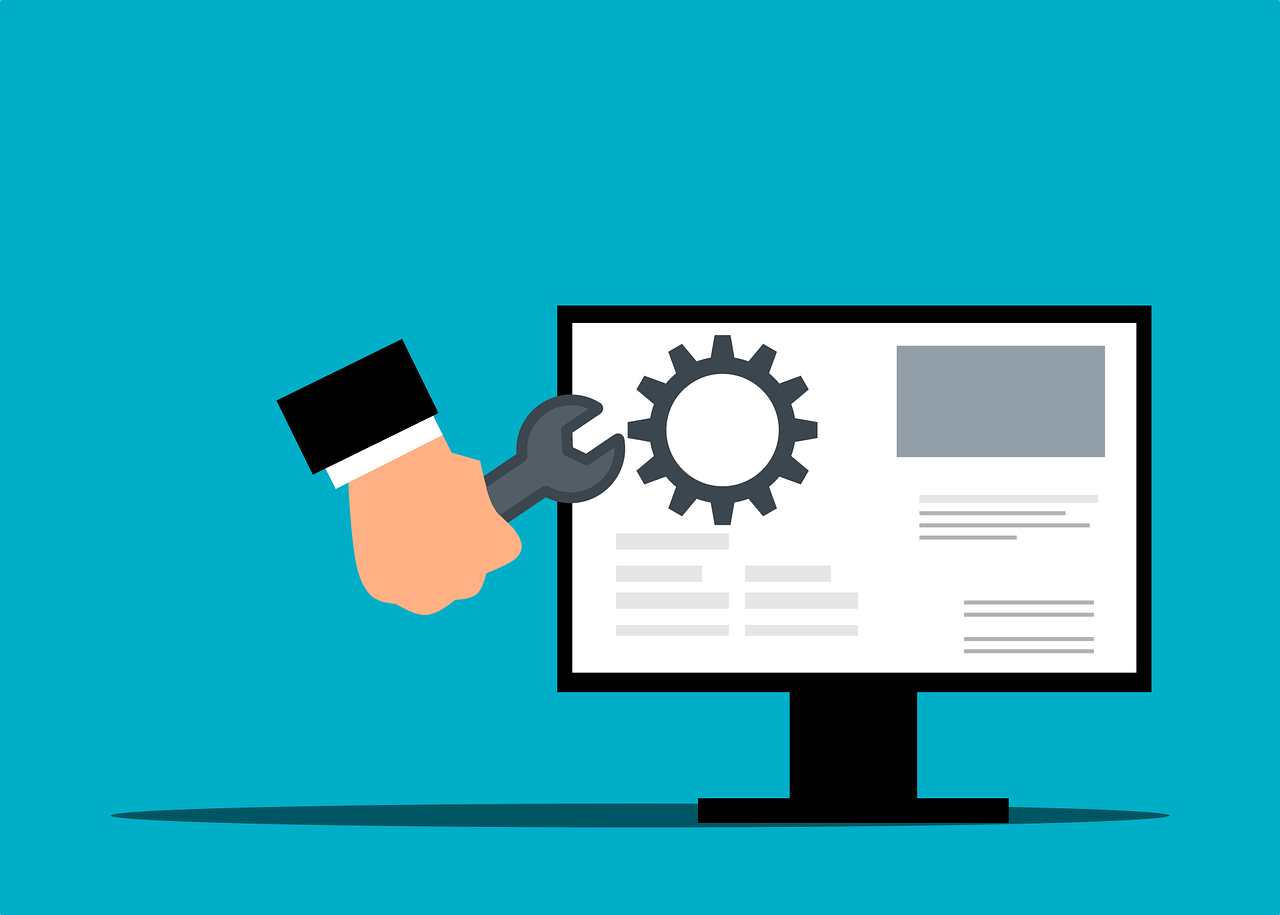A Content Management System (CMS) streamlines the creation, management, and publication of digital content, empowering users to build and maintain websites without requiring extensive technical expertise. Joomla stands out for its flexibility and comprehensive features, WordPress for its intuitive interface and extensive community support, and Drupal for its unmatched scalability and advanced customization options.
Joomla Features and Benefits
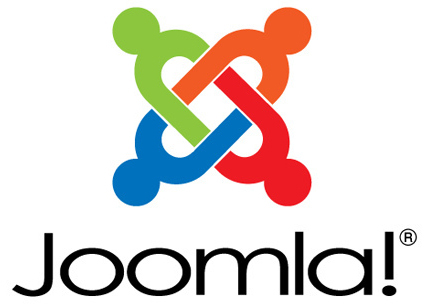 Joomla is a powerful CMS platform that offers a range of features and benefits for website owners. As with any CMS platform, Joomla has its pros and cons.
Joomla is a powerful CMS platform that offers a range of features and benefits for website owners. As with any CMS platform, Joomla has its pros and cons.
Joomla Advantages
- Powerful multilingual capabilities: Joomla offers robust multilingual support out of the box, making it an ideal choice for creating websites in multiple languages.
- Advanced Access Control: Joomla provides granular control over user roles and permissions, making it easy to manage access to specific content and functionality.
- Customizable design: Joomla offers a wide range of templates and extensions that can be customized to create a unique and functional website.
- Active community: Joomla has a large and active community of developers and users who create and share templates, extensions, and resources to help others build better websites.
- Accessibility: Enhancing accessibility on Joomla 4 is quick and easy, without requiring any third-party plugins to begin. Simply activate the web accessibility plugin that is already integrated into Joomla Core, and you're ready to go.
- SEO Friendly: Joomla is built with SEO principles in mind, and it offers a range of features and tools that help website owners optimize their content for search engines. Website owners can easily update the meta data for their website's pages, including page titles and descriptions, without the need for third-party plugins or tools.
Joomla Drawbacks
- Learning curve: Joomla is more intricate than WordPress, which can make it challenging to implement your own custom design without developer experience. However, using Joomla for content management doesn't require an extensive amount of time to learn.
- Limited options for free templates: One of the drawbacks is the limited availability of free templates. While the Joomla CMS itself is free, creating visually appealing and professional-looking websites using free templates can be a significant challenge, especially for non-technical website administrators.
- Smaller Extension Marketplace: Compared to WordPress, Joomla has a relatively smaller marketplace for additional modules and add-ons. If you're seeking extra modules to personalize your website, finding and managing them through Joomla! can be more challenging.
Joomla has been used to create a wide range of websites, including:
- Corporate websites
- E-commerce websites
- Non-profit organizations
- Educational institutions
- Government agencies
Some notable examples of websites built on Joomla include Harvard University, The Hill newspaper, and Linux.com.
Drupal Features and Benefits
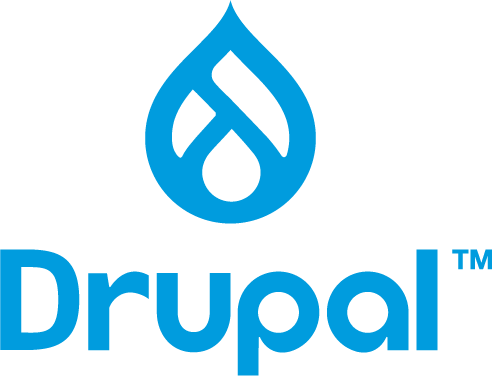 Drupal is another popular CMS platform, known for its flexibility and scalability. It is often used for complex and large-scale websites that require advanced features and customizations.
Drupal is another popular CMS platform, known for its flexibility and scalability. It is often used for complex and large-scale websites that require advanced features and customizations.
Drupal Advantages
- Advanced access control: Drupal offers granular access control, allowing you to define user roles and permissions with great detail.
- Multilingual support: Drupal offers extensive support for multilingual websites, making it a popular choice for organizations with a global audience.
- High customization: Drupal is highly customizable, with a robust library of modules that can be used to extend its functionality and tailor it to specific needs.
- Scalability: Drupal is designed to be highly scalable, making it a popular choice for large and complex websites.
Drupal Drawbacks
- Steep learning curve: Drupal can be more challenging to learn and use compared to some other CMS platforms, due to its advanced features and customization options.
- Limited availability of themes and plugins: While Drupal does have a library of modules, the selection may be more limited compared to other CMS platforms like WordPress.
- Higher development costs: Due to its complexity, Drupal websites may require more development time and resources, leading to higher costs.
Drupal has been used to create a wide range of websites, including:
- Government websites
- Educational websites
- Non-profit websites
- E-commerce websites
Some notable examples of websites built on Drupal include the White House, The Economist, and The State of Georgia's website.
WordPress Features and Benefits
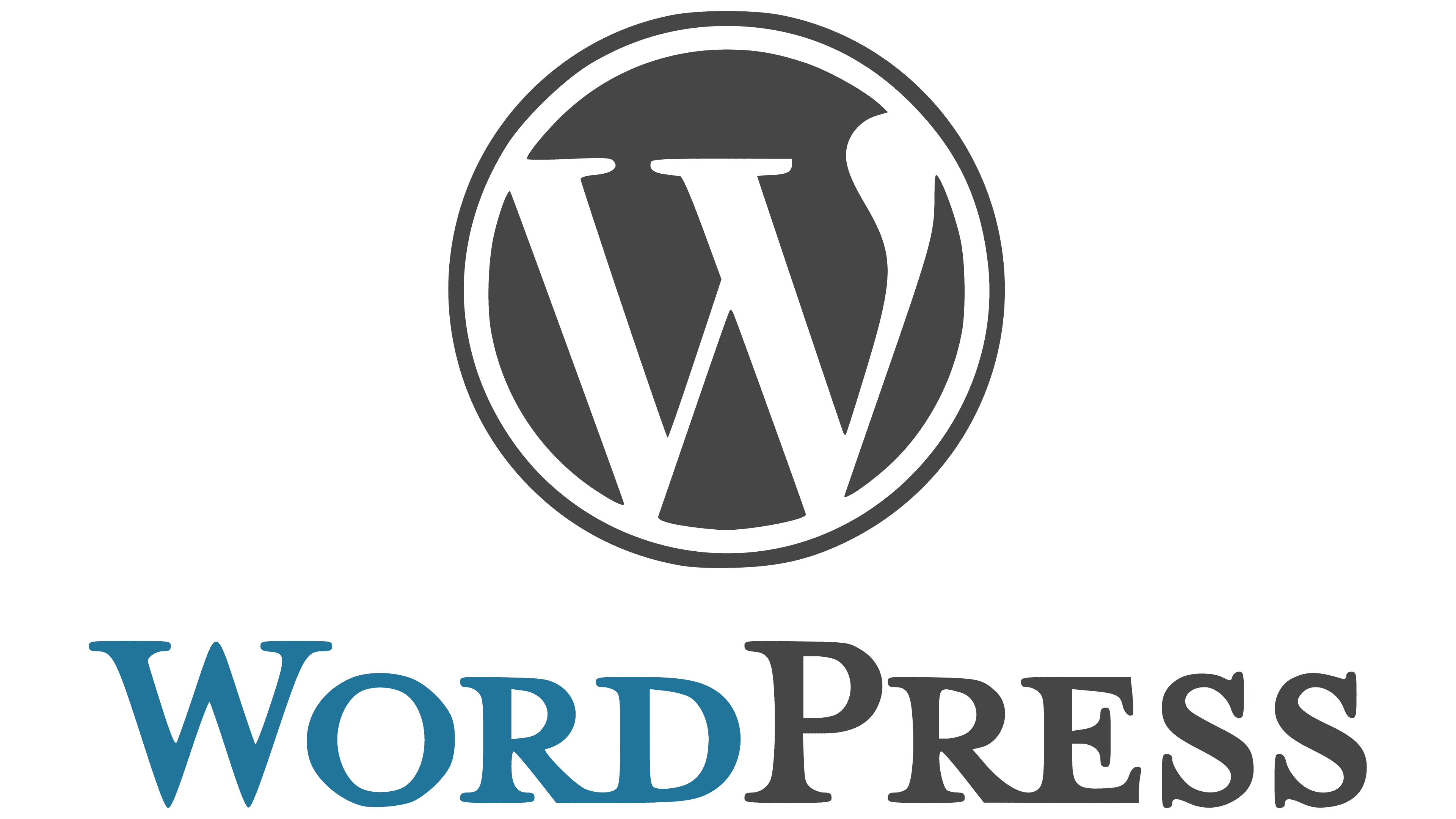 WordPress is one of the most popular CMS platforms in use today, powering over 40% of all websites on the internet. It is known for its user-friendly interface, extensive library of themes and plugins, and active community of users and developers.
WordPress is one of the most popular CMS platforms in use today, powering over 40% of all websites on the internet. It is known for its user-friendly interface, extensive library of themes and plugins, and active community of users and developers.
WordPress Advantages
- User-friendly interface: WordPress has a simple and intuitive user interface that makes it easy to create and manage a website, even for beginners.
- Massive community: WordPress has a large and active community of users and developers who create and share themes, plugins, and resources to help others build better websites.
- Extensive library of themes and plugins: WordPress offers a vast library of free and premium themes and plugins that can be used to customize the design and functionality of your website.
- SEO-friendly: WordPress is designed with search engine optimization (SEO) in mind, making it easy to optimize your website for search engines with use of one of the free 3rd party plugins.
WordPress Drawbacks
- Security vulnerabilities: As one of the most popular CMS platforms, WordPress is a frequent target for hackers, and security vulnerabilities can arise if not properly maintained and secured.
- Performance: WordPress can be resource-intensive, and performance issues can arise if not optimized correctly.
- Customization limitations: While WordPress offers a vast library of themes and plugins, customization options can be limited compared to some other CMS platforms.
WordPress has been used to create a wide range of websites, including:
- Blogs
- Business websites
- E-commerce websites
- News websites
- Educational websites
Some notable examples of websites built on WordPress include The Walt Disney Company, The New Yorker, and Sony Music.
WordPress Development Services
CMS Comparison
When it comes to ease of use, WordPress is often considered the most user-friendly of the three CMS platforms. It has a simple and intuitive interface, making it accessible even for beginners. However, its simplicity also means that it may not be as flexible as Joomla and Drupal in terms of customization options.
Joomla offers a good balance between ease of use and flexibility. Its interface is more complex than WordPress, but it still remains fairly user-friendly. Joomla's customization options are more extensive than WordPress.
Drupal is known for its flexibility and scalability, but it can also be more difficult to learn and use compared to the other two CMS platforms. However, its advanced features and customization options make it a powerful tool for building complex and large-scale websites.
CMS Comparison Table
| Feature | Joomla | Drupal | WordPress |
|---|---|---|---|
| Ease of Use | Moderate learning curve with advanced customization options. | Steeper learning curve; designed for developers requiring technical expertise. | User-friendly, beginner-focused with simplified functionality. |
| Multilingual Support | Built-in multilingual support with language packs and customizable. | Built-in multilingual capabilities; highly customizable. | Requires plugins like WPML or Polylang for multilingual functionality. |
| Template/Theming System | Supports multiple template assignments for different pages or menus. | Highly flexible theming system; allows custom templates for different content types. | One active theme at a time; customization applies site-wide. |
| User Management | Advanced user group permissions and access levels built-in. | Granular user role and permission management; highly customizable. | Basic user roles (e.g., admin, editor, subscriber) with limited flexibility. |
| Content Management | Integrated content versioning, scheduled publishing, and article tagging. | Advanced content modeling with custom content types and fields. | Basic content editor with revisions; lacks advanced scheduling options. |
| SEO Capabilities | Customizable meta descriptions, keywords, and menu-level SEF URLs. | Strong SEO capabilities with customizable URLs and meta tags. | Basic SEO settings; often requires plugins like Yoast for enhancements. |
| Accessibility | Core features support WCAG standards for accessibility. | High accessibility standards; customizable to meet specific requirements. | Accessibility improvements typically depend on the theme used. |
| Media Management | Supports folder structure and direct media organization. | Advanced media management with taxonomy and metadata support. | Single media library with basic file organization. |
| Menu Management | Comprehensive menu manager with nested structures and custom link types. | Flexible menu system; supports multiple menus and hierarchical structures. | Simple menu management with basic options. |
| Multisite Capability | Can host multiple websites under one installation (subdomains or directories). | Supports multisite setups; suitable for complex, large-scale sites. | Requires WordPress Multisite setup, which is less flexible. |
| Custom Fields | Advanced custom fields included in core for content and modules. | Highly customizable fields and content types; built-in support. | Limited custom field functionality without plugins. |
| Built-in Caching | Multiple caching options including page, module, and database caching. | Advanced caching mechanisms; highly configurable for performance optimization. | Basic page caching; often requires plugins for advanced features. |
| Security | Two-factor authentication, user activity logs, and access control built-in. | Strong security features; known for robust security architecture. | Basic security measures; relies heavily on third-party plugins for protection. |
| Extensibility | Flexible framework for custom components, modules, and templates. | Highly extensible with modules and custom development capabilities. | Primarily relies on plugins; less flexible for advanced customizations. |
| Updates | Integrated update system for core, extensions, and templates. | Comprehensive update management; supports rolling back updates if needed. | Core updates included; plugins/themes often need manual updates. |
| E-commerce | Requires extensions like VirtueMart but integrates seamlessly. | Supports e-commerce through modules like Drupal Commerce. | Lacks native e-commerce features; relies on plugins like WooCommerce. |
| Integration with Other Systems | Advanced integration tools for APIs and external databases. | Strong integration capabilities; suitable for complex, data-driven sites. | Basic integration; often requires plugins for advanced API support. |
The best CMS platform for you will depend on your specific needs and goals.
If you are looking for a user-friendly and flexible platform with a large community and extensive resources, WordPress may be the right choice for you. If you need a balance between ease of use and customization options, Joomla could be a good fit. And if you need a powerful and scalable platform for building large-scale websites, Drupal may be the best choice.

